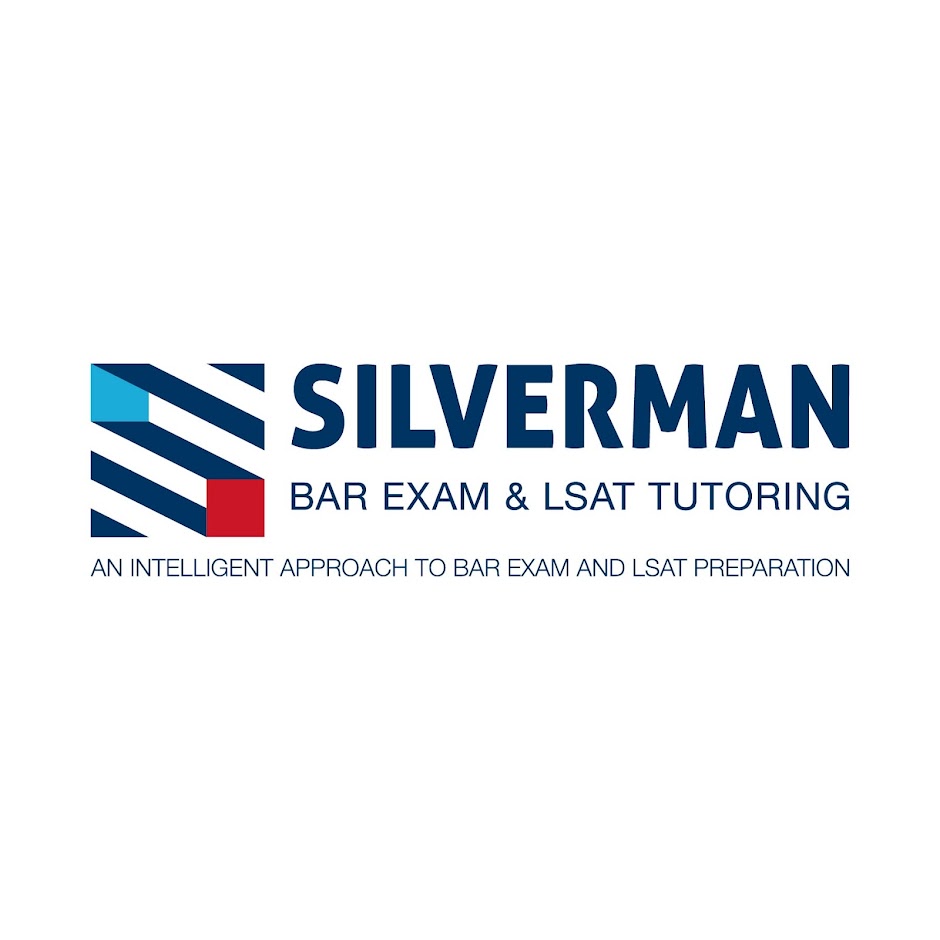The topic of pleadings is sure to be a heavily tested topic in Civil Procedure on the MBE. Here are five things to know about the complaint and pre-answer motions under the federal rules:
(1): The federal rules require notice rather than fact pleadings. Notice pleadings require less specificity than fact pleadings, though a certain level of specificity will still be required.
(2): A complaint must state the following: the grounds of federal jurisdiction, a short statement of the claim showing that the pleader is entitled to relief, and a demand for judgement for relief (which may be in the alternative).
(3): An important motion to keep in mind is a rule 12(b) motion. Here, the defendant files a motion raising any or all of the following defenses: lack of subject-matter jurisdiction, lack of personal jurisdiction, improper venue, insufficiency of process, insufficiency of service of process, failure to state a claim upon which relief can be granted, or failure to join an indispensable party. If the defendant files a pre-answer motion prior to filing an answer then these defenses must be raised in that pre-answer motion. If the defendant files an answer prior to filing a motion, then these defenses must be filed in that answer. If not filed as specified, then defendant waives these defenses, except for failure to state a claim upon which relief can be granted and failure to join an indispensable party, both of which may be raised at any time prior to trial or at trial. In addition, lack of subject matter jurisdiction may be raised at any time until all appeals have been exhausted.
(4): If a party deems a pleading to be vague, that party may raise a 12(e) motion for a more definite statement before responding to the pleading.
(5): Rule 12(f) allows a party to move to have stricken any insufficient defense or any redundant, immaterial, or scandalous matter in a pleading. This motion must also be made prior to responding to the pleading.

Bar Exam (July 2024) & LSAT Tutoring! MBE tutoring is available for students in all states. Bar exam essay tutoring is available for students taking the UBE and the Florida Bar Exam. LSAT tutoring is available for all students. Tutoring is via video (Skype, Zoom, etc.) for students in all states. To learn more about available tutoring options, you can reach out to me directly @ silvermanbarprep@gmail.com for bar exam tutoring and @ silvermanlsat@gmail.com for LSAT tutoring.
RESOURCES AVAILABLE FOR PURCHASE
Sunday, September 21, 2014
The Top Five: The Complaint and Pre-Answer Motions
Subscribe to:
Post Comments (Atom)
No comments:
Post a Comment